Last week, President Donald Trump okayed an airstrike which killed top Iranian general Qassem Soleimani.
The killing of one of Iran's most powerful figures led Americans to question if the hasty development would trigger yet another American war in the Middle East.
Iran promised it would take revenge.
Trump only made things worse in a Twitter thread when he threatened to destroy Iranian cultural sites if Iran retaliated.
The action could be considered a war crime under U.N. Resolution 2347, which states:
"'[T]he unlawful destruction of cultural heritage, including the destruction of religious sites and artefacts, and the looting and smuggling of cultural property from archaeological sites, museums, libraries, archives, and other sites, notably by terrorist groups."
That's likely why Secretary of State Mike Pompeo is stretching himself thin to deny that Trump ever threatened to destroy Iran's cultural sites.
Watch below.
Pompeo flatly denied that Trump said he'd target cultural sites:
"As for these critiques, President Trump didn't say he'd go after a cultural site. Read what he said very closely. We've made clear that the cost, if they use proxy-forces in the region, will not just be borne just by those proxies. They'll be borne by Iran and its leadership itself."
Trump later said explicitly that the United States should be allowed to bomb cultural sites in Iran:
"They're allowed to use roadside bombs and blow up our people, and we're not allowed to touch their cultural sites? It doesn't work that way."
CNN fact checker Daniel Dale pointed out that the denial was just part of a totally normal cycle for the Trump administration.
Some weren't falling for Pompeo's lie.
Others called out Trump for considering the action.
The discord is just the latest development in the relationship between the U.S. and Iran—a relationship that's been souring under the current administration.

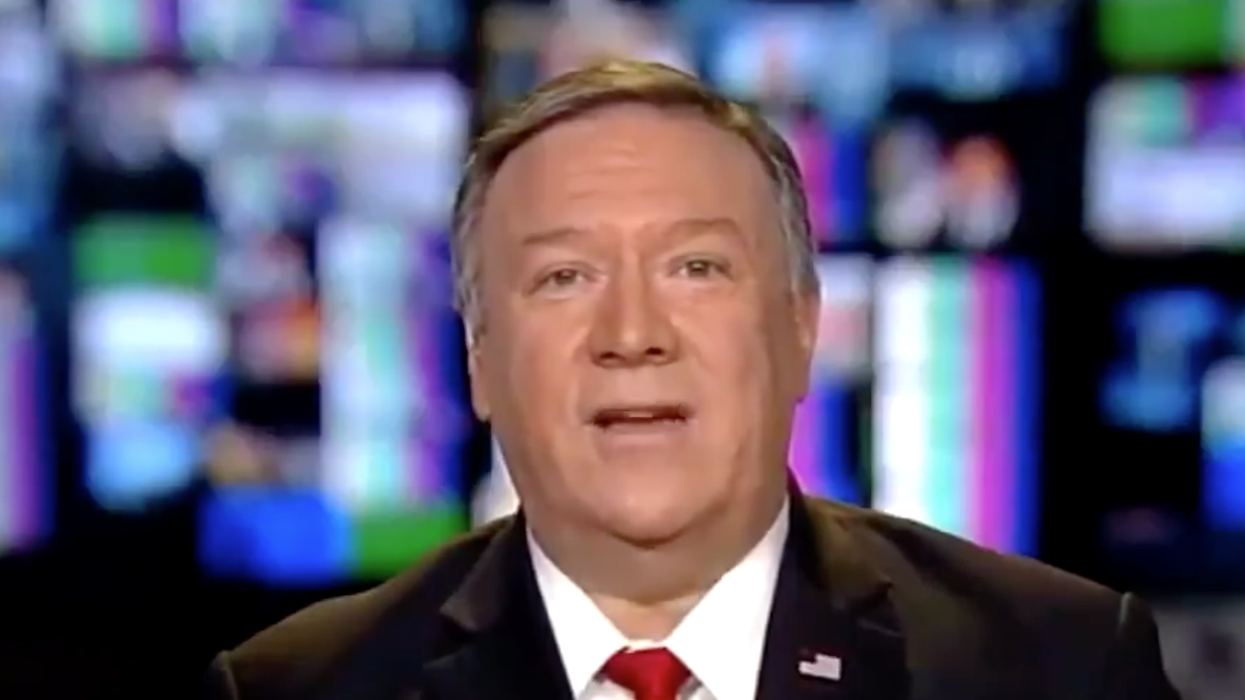

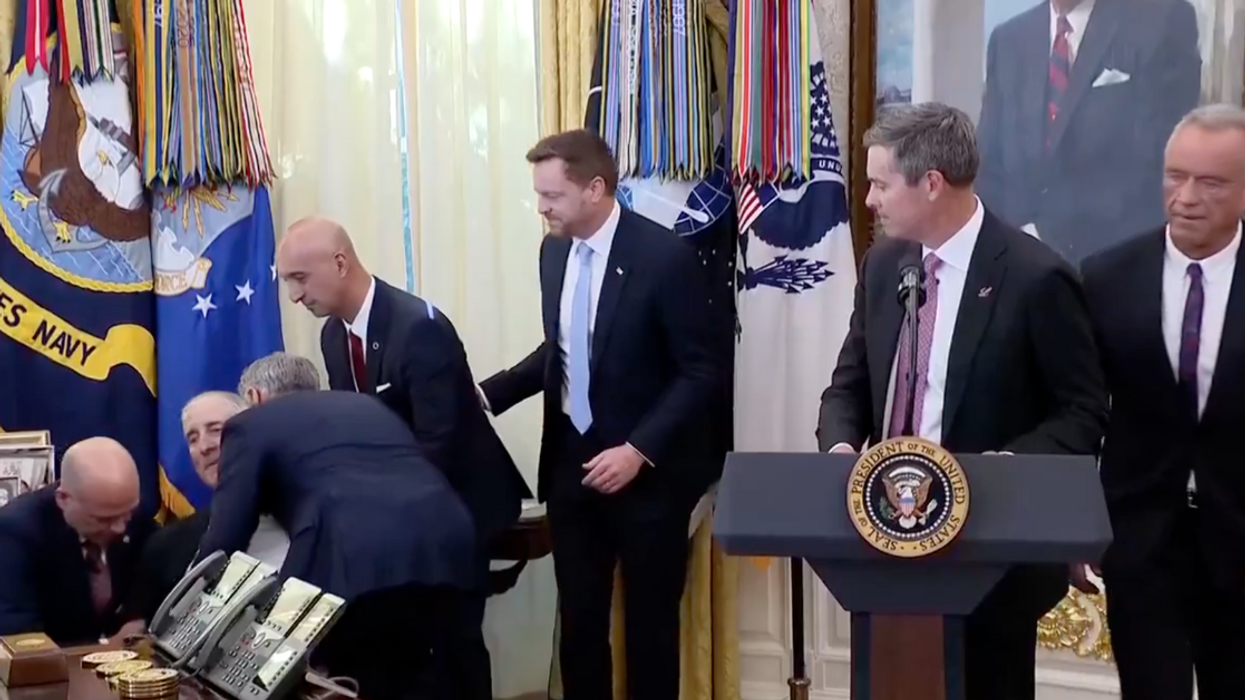



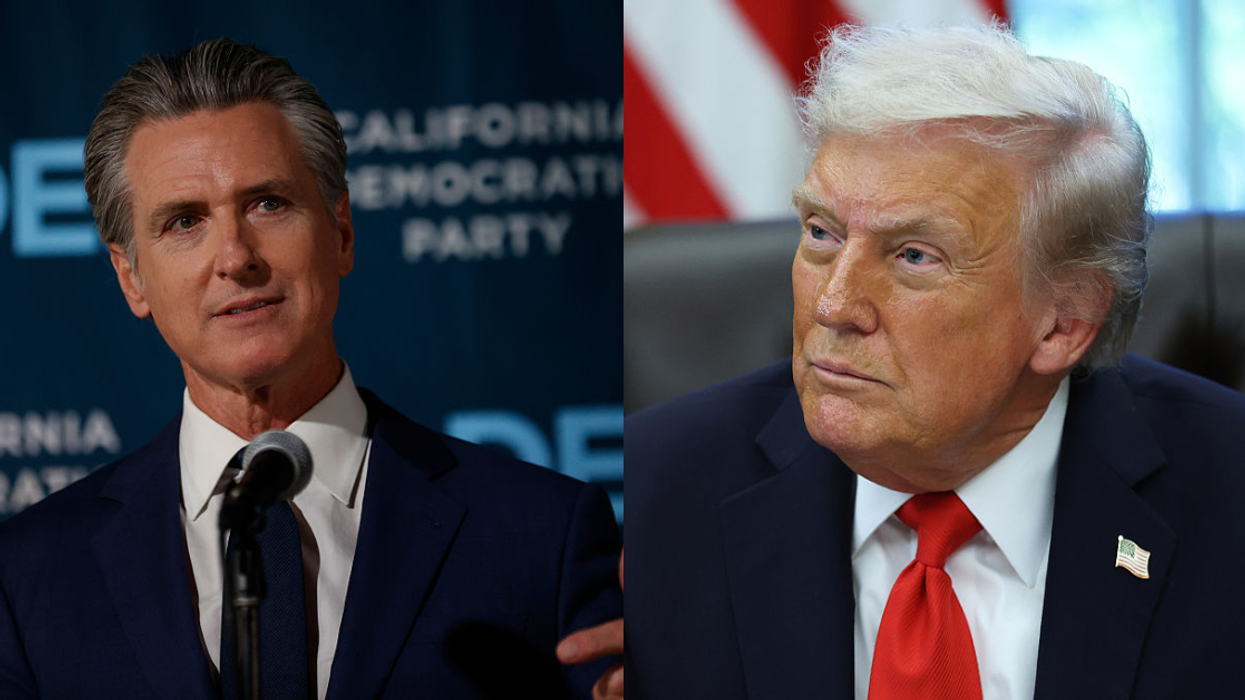
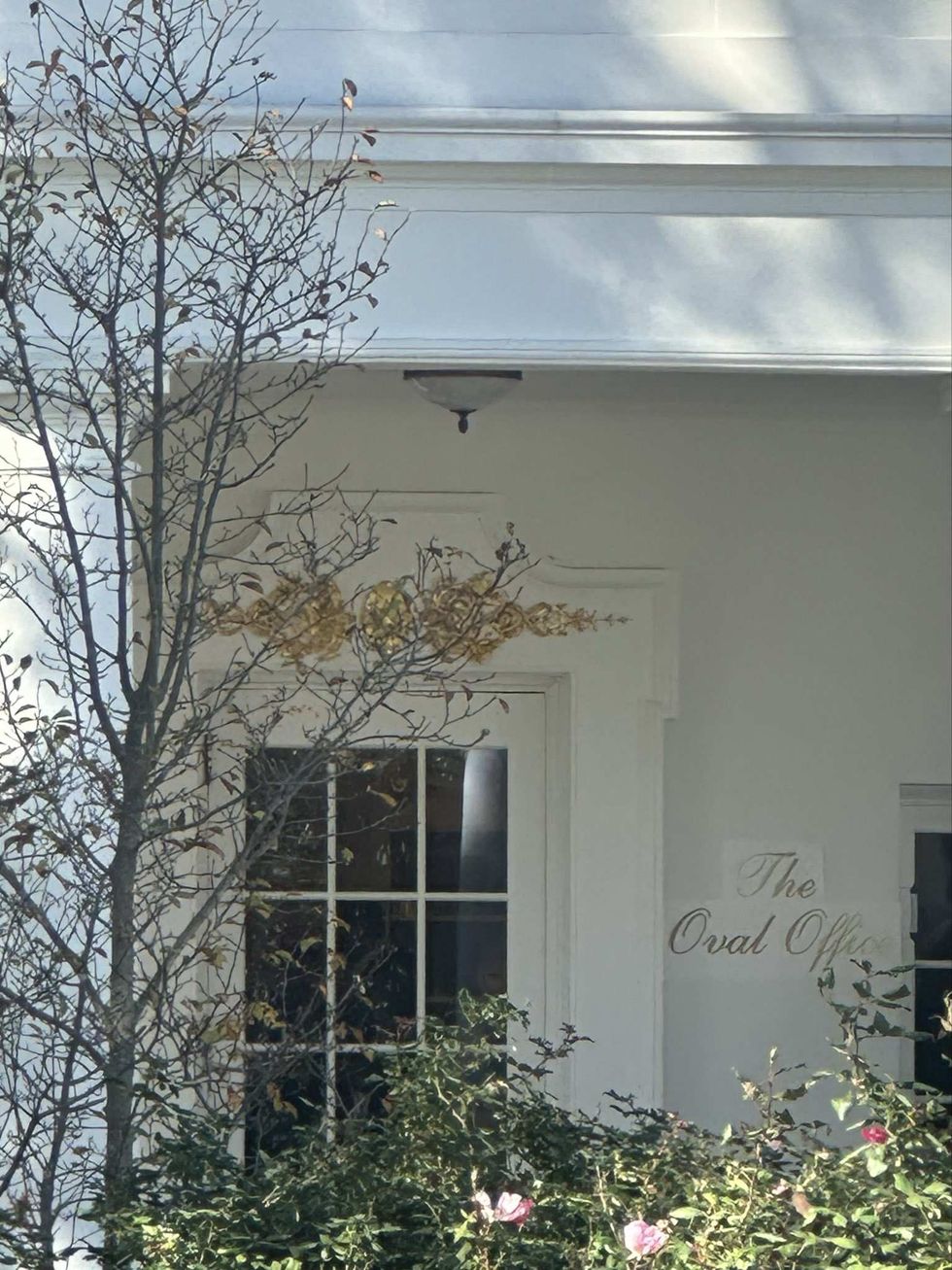 @kaitlancollins/X
@kaitlancollins/X @GovPressOffice/X
@GovPressOffice/X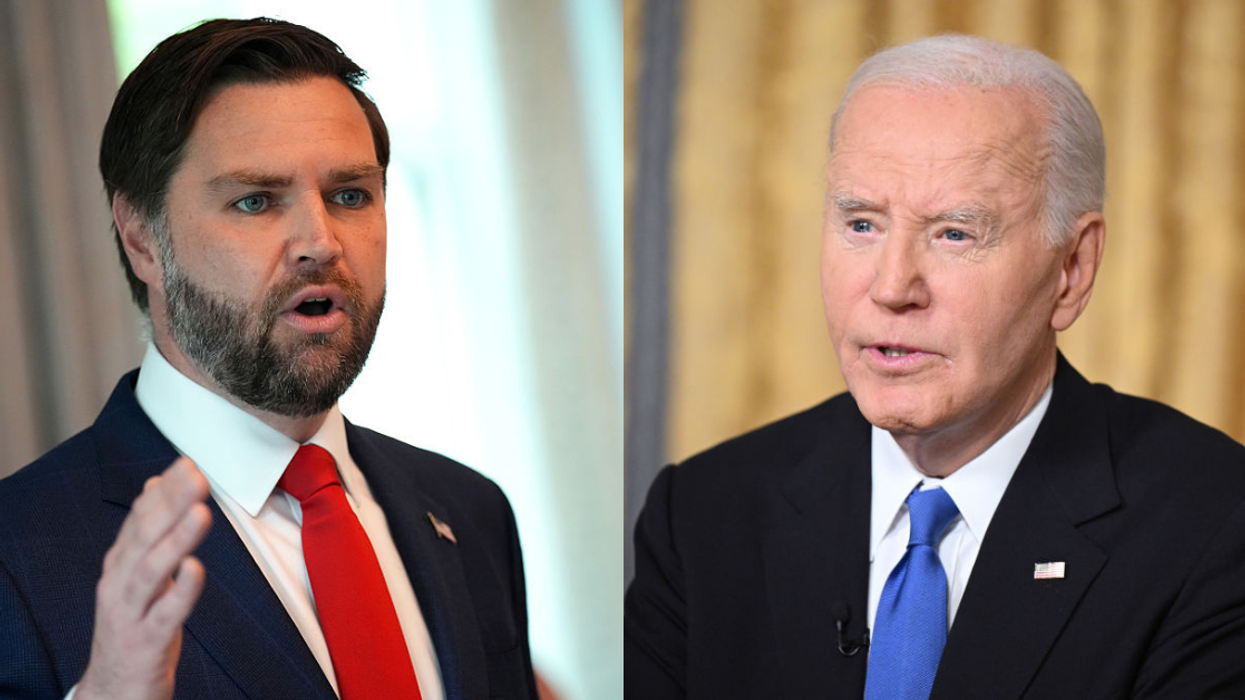




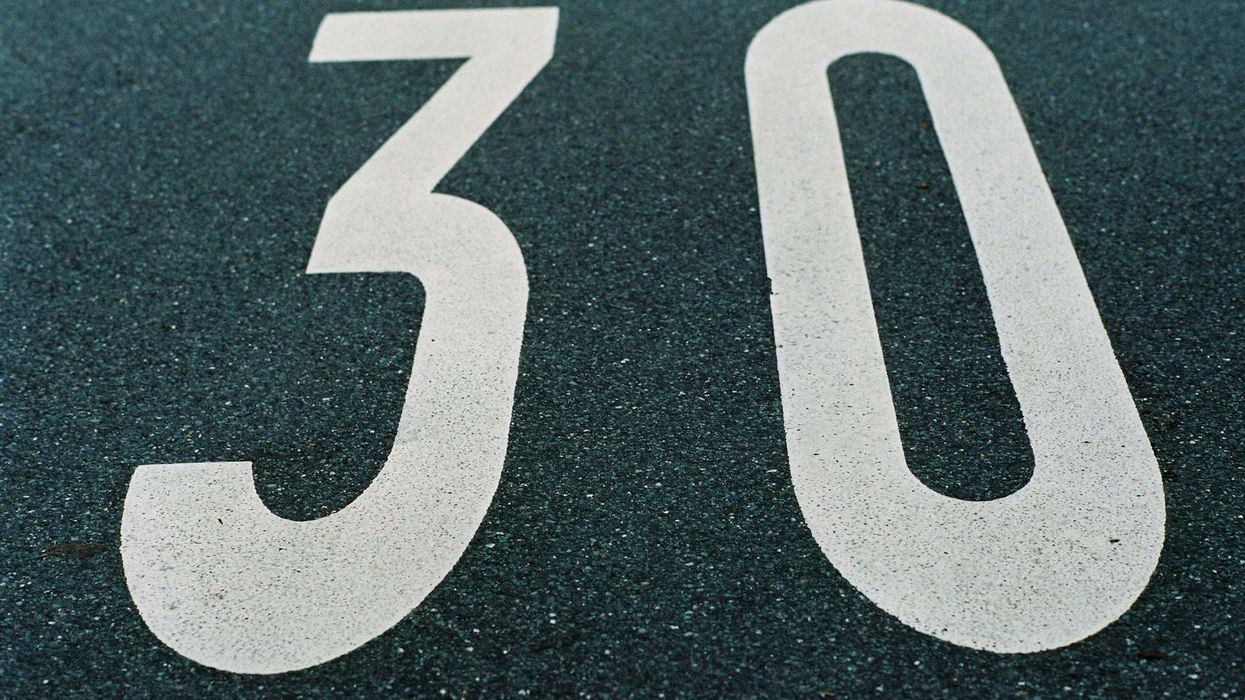
 Snail Ugh GIF by Sticker Book iOS GIFs
Snail Ugh GIF by Sticker Book iOS GIFs  Serious
Serious  Home Alone Reaction GIF by 20th Century Fox Home Entertainment
Home Alone Reaction GIF by 20th Century Fox Home Entertainment  Cat Working GIF
Cat Working GIF 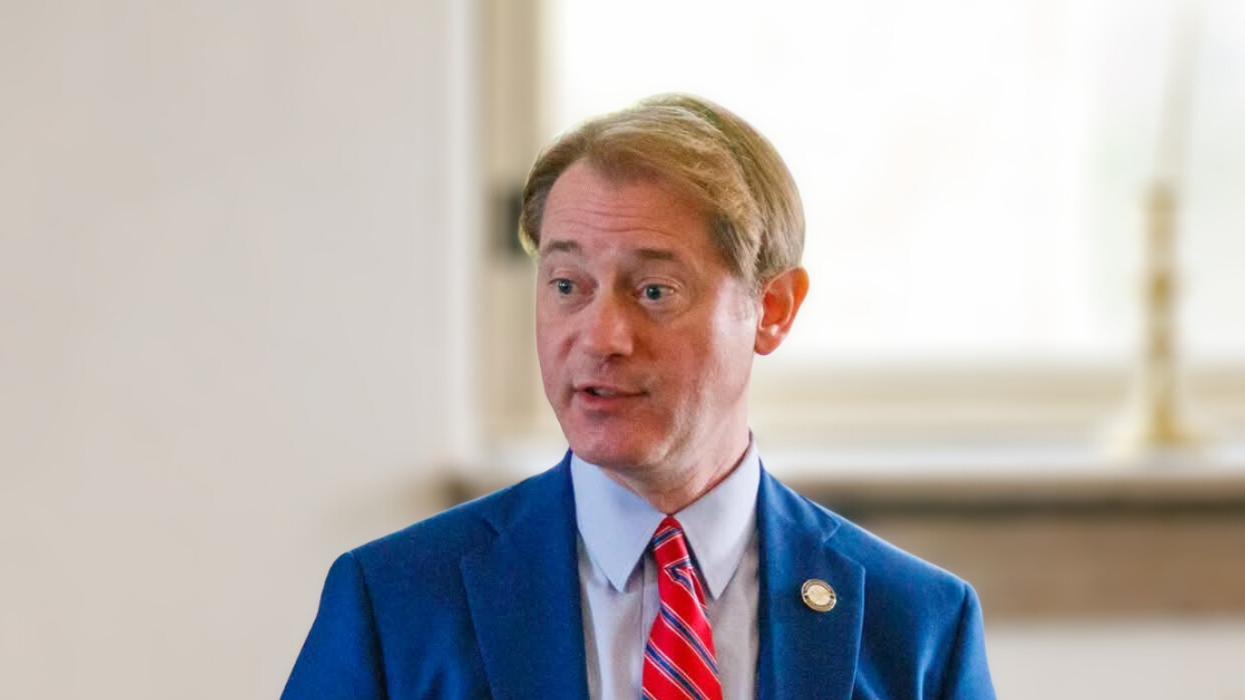
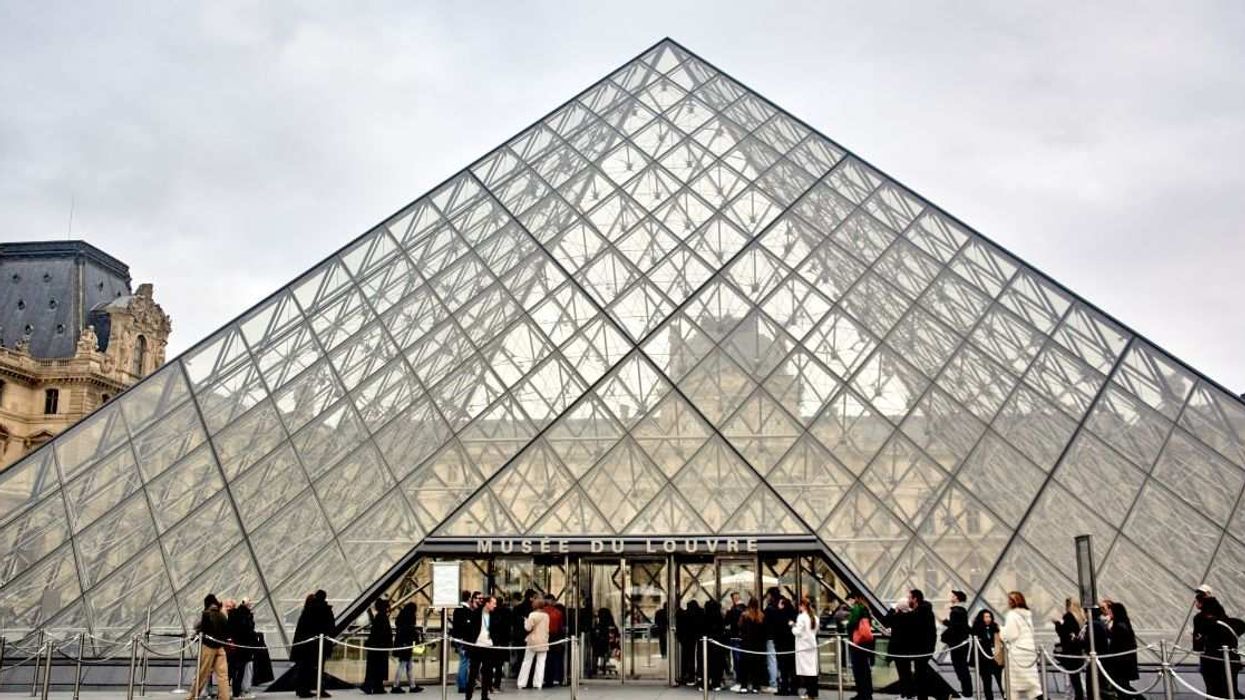

 Hulu/Disney+
Hulu/Disney+